Mississippi
Southern AIDS Coalition Hosts Community Conversations in Jackson
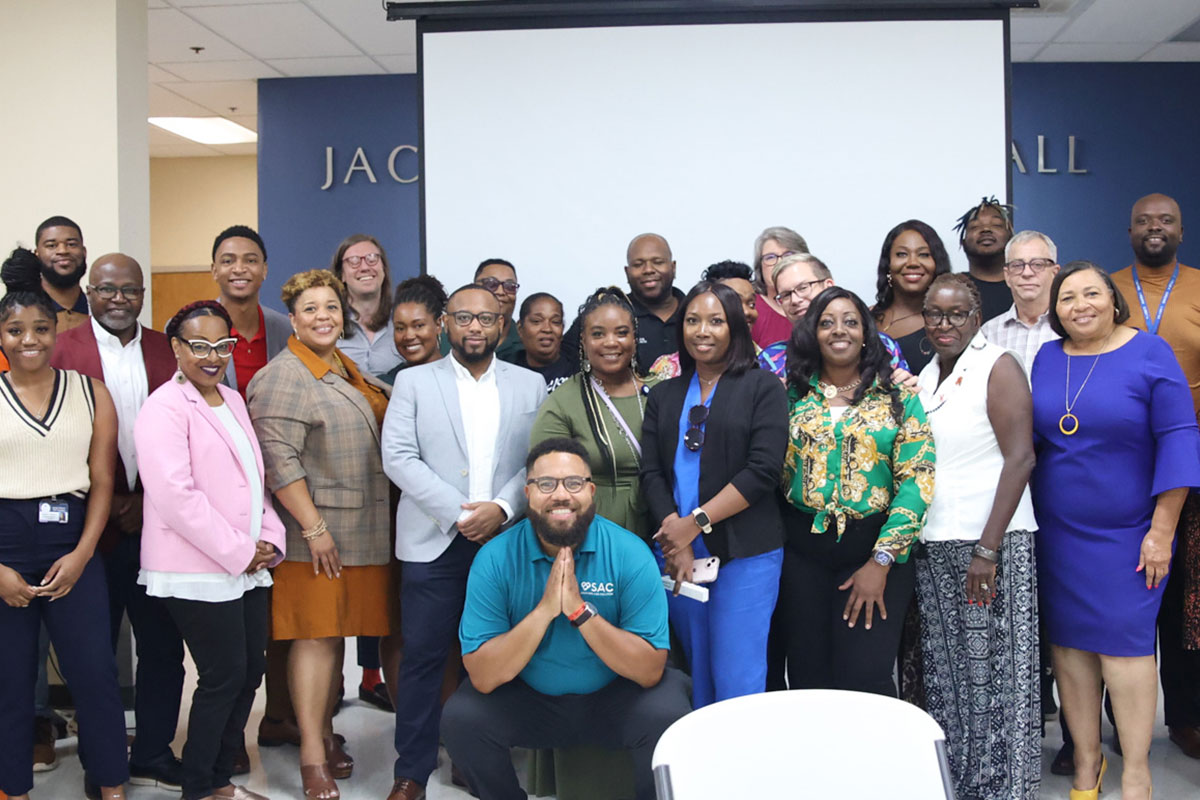
For the last nine years, Juanita Davis has worked to give hope to people diagnosed with HIV and to get Black people in Jackson talking about the realities of sexual health. She serves as the director of Care4Me Services, a community-based HIV/AIDs prevention, outreach and advocacy program with the Jackson Medical Mall Foundation.
“In the Black community, we don’t want to get tested because of the stigma,” she said. “If I could take the word ‘stigma’ and just throw it out the window, we could solve this problem.”
That problem is the high rate of HIV infection for people in Jackson and Hinds County. Those figures inspired Davis to start the Care4Me Services program nearly a decade ago.
“The statistics were just alarming to me,” Davis said.
Between 2015 and 2019, most new HIV infections in the U.S. were concentrated in the South. A 2016 study at Emory University found that Jackson had the highest rate of new HIV-infection diagnoses in the country for men who have sex with other men. The U.S. Department of Health and Human Services awarded Mississippi $2.5 million in 2020 to focus on HIV/AIDS prevention and treatment, part of a nationwide initiative to lower HIV infection rates over the next 10 years.
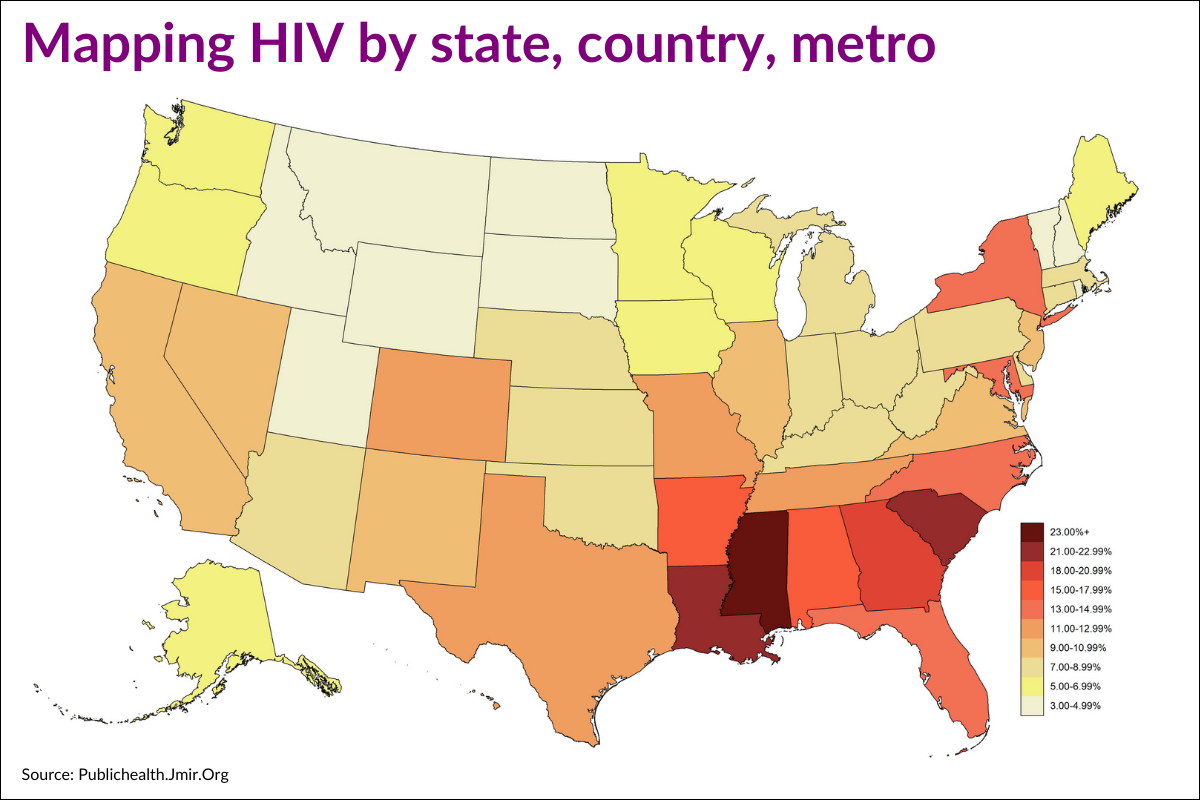
The U.S. Centers for Disease Control outlined some challenges to preventing new HIV infections in gay and bisexual Black men.
“Racism, discrimination, HIV stigma, and homophobia affect the overall health and well-being of African American gay and bisexual men. Additionally, poverty and the associated socioeconomic factors—including limited access to high-quality health care, housing, and HIV prevention education—directly and indirectly increase the risk for HIV,” CDC.gov says. “Addressing these social and structural barriers and encouraging safe and supportive communities can help improve health outcomes for African American gay and bisexual men.”
Davis said she has seen these challenges appear in the family dynamics of people who die from AIDS. “Sometimes, if somebody in your family dies from AIDS, they just tell you they had cancer,” she said. Furthermore, Davis says disparities in health-care access and job opportunities in Mississippi lead to a level of hopelessness in some communities, especially for those already dealing with the gravity of an HIV diagnosis.
“With the State of Mississippi not expanding Medicaid, people don’t have health insurance, they don’t have jobs, what are they going to do?” Davis posited. “People feel like, ‘This is where I am today; this is where I’m going to be tomorrow; this is my destiny.’”
Health-Care Access In Mississippi
Mississippi Gov. Tate Reeves has long fought against expanding Medicaid coverage to working Mississippians who do not make enough to receive federal subsidies to help them afford commercial insurance. He said on July 28 that people who want health insurance should get “better, more higher paying jobs” that can provide employer-based insurance options instead of relying on Medicaid expansion.
Pre-exposure prophylaxis, a medication commonly known as PrEP taken in the form of pills or shots, can reduce the risk of contracting HIV when taken as prescribed. Under the Affordable Care Act, PrEP pills must be provided for free to those with health insurance who are identified to be at high risk of contracting HIV through either sex or injection-based drug use. Without insurance, the medication can cost thousands of dollars for a 30-day supply.
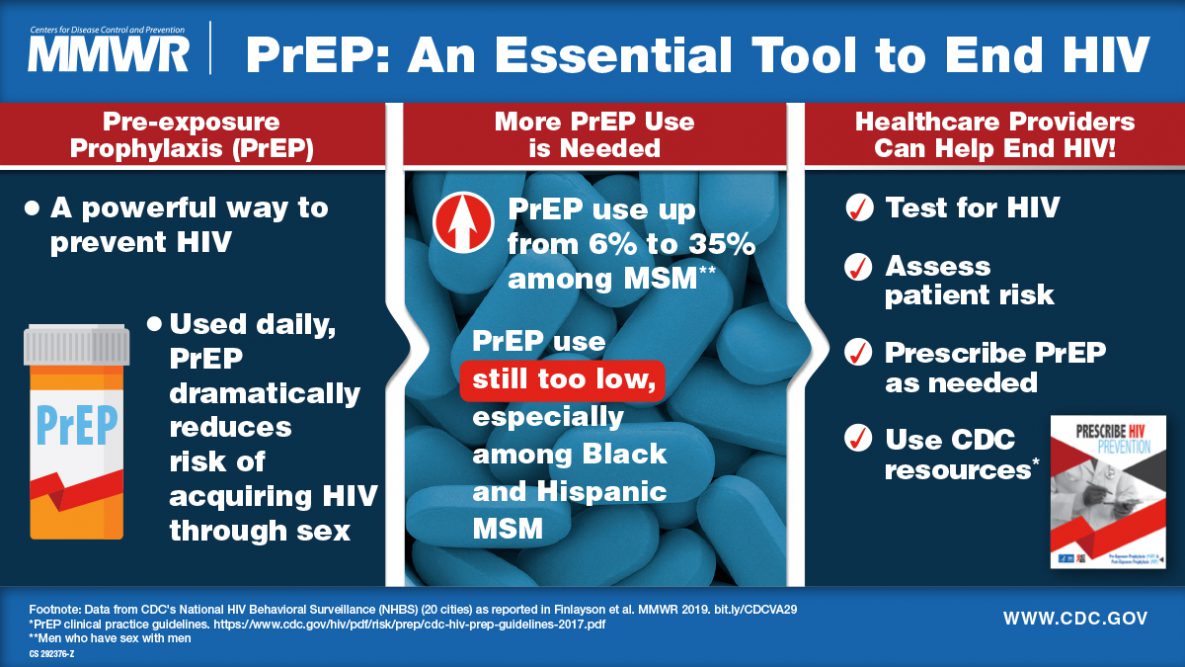
In March, a federal judge in Texas struck birth control, cancer screenings and other preventative health-care solutions, like PrEP, from the Affordable Care Act. U.S. Northern District Court of Texas Judge Reed O’Connor sided with conservative, Christian business owners and individuals in Texas who filed a lawsuit in 2020 arguing that the Affordable Care Act’s zero cost-sharing preventive health-care mandate violated their religious freedom and the Appointments Clause of the U.S. Constitution.
Lawyers believed the case could have set a precedent around the country for how employers were to handle covering the cost of preventative health care. While the U.S. Department of Justice reached an agreement with the challengers in June to preserve the preventative-care mandate, Davis said Mississippi residents—many of them without health insurance—still feel a level of despair as they struggle to simply survive from one day to the next. She believes her mission is to instill hope in people who feel stuck in a hopeless situation.
“When we see someone with their head bowed down, looking sad, we don’t ask what’s wrong; we ask what’s right,” Davis said. “We try to be a ray of sunlight to let people know that they can do better.”
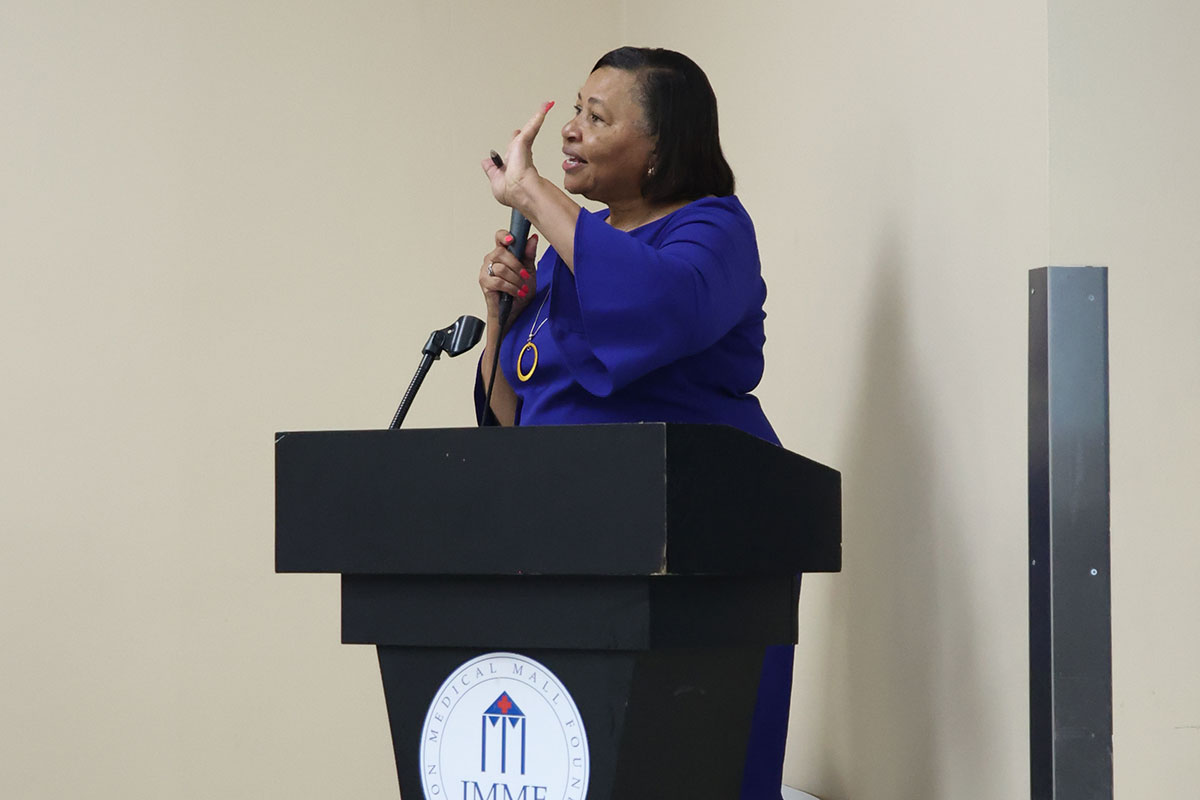
While Davis’ work focuses primarily on HIV/AIDs outreach and services, Care4Me Services also provides medical supplies such as glucose readers and blood-pressure monitors and even has an initiative that helps people without reliable transportation get to their medical appointments. She said the only way the HIV/AIDS epidemic can be eradicated is for health-care providers, researchers and policymakers to have more direct conversations with community members to ensure that people in underserved communities get the level of service they deserve.
“The only way we can address issues is to understand what’s going on in the community,” Davis added. “We can’t just sit behind a desk and decide what we think needs to be done without talking to people in the community.”
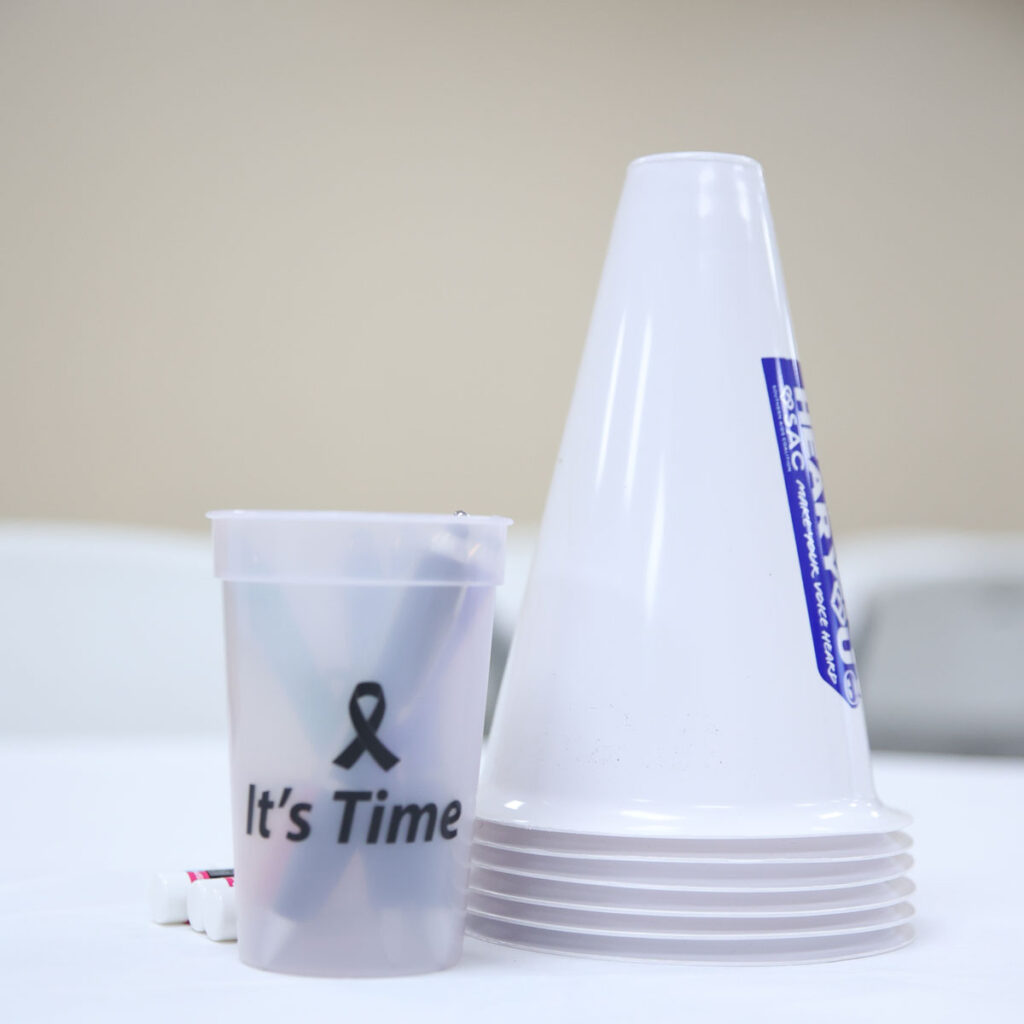
A big part of that conversation is addressing misinformation and educating the public about HIV/AIDS-related medical advancements.
‘Do People Still Think AIDS Is a Death Sentence?’
Care4Me Services partnered with the Southern AIDS Coalition to host a community panel for the Center for Disease Control and the Mississippi Department of Health to hear perspectives from Jackson residents about HIV/AIDs prevention and treatment in Mississippi on Sept. 27. It was one stop in a multi-city CDC Listening Tour series of community conversations that SAC is hosting over the next year across the southern United States.
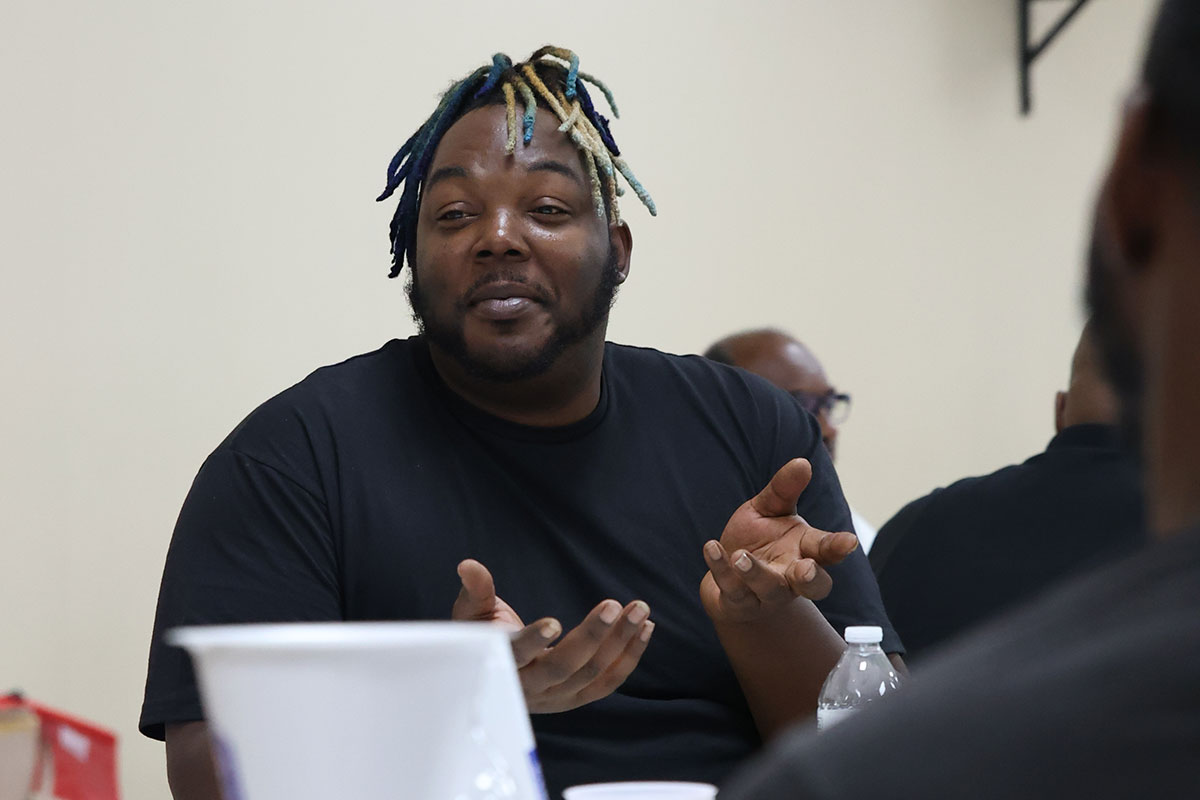
“We’re hoping to create more policy that’s driven by the community,” Southern AIDS Coalition Special Initiatives Associate David Wyley Long said.
The CDC listening tour will run through 2024, with additional stops taking place in Houston, Texas; Baton Rouge, La.; Memphis, Tenn.; and Miami, Fla.. The first stop of the tour was in Atlanta, Ga. Long says the selected cities receive additional federal funding as part of President Biden’s initiative to end the HIV/AIDs epidemic and that the goal of the CDC Listening Tours is to ensure community input when researchers implement policies that will affect communities most harmed by the disease.
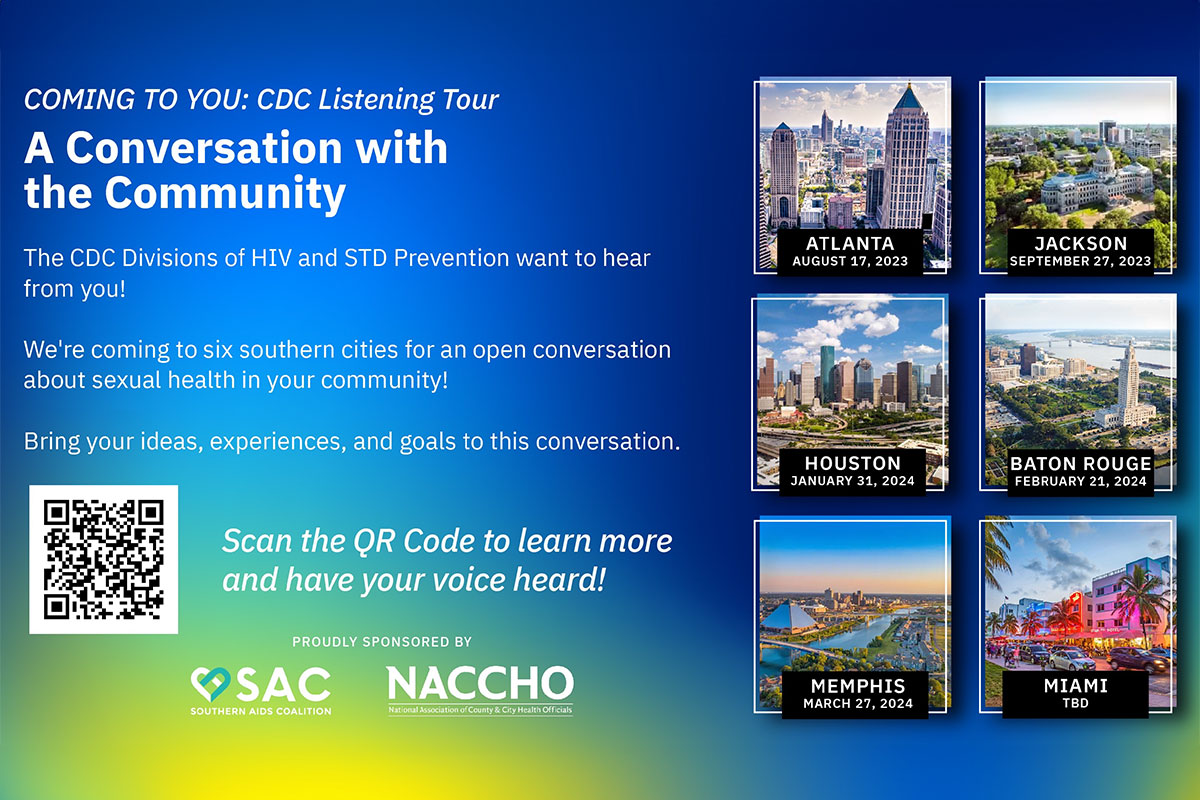
“The community asked for this; they want to be heard,” Long said, though he cautions people to not gloss over the progress that has been made so far since the HIV/AIDS epidemic exploded in the mid-1980s.
“We’re 40 years into solving this problem,” he continued. “Sometimes people don’t realize there’s a lot that’s already been done but they just don’t know. People don’t understand the totality of the biomedical advances that have been made since the ’80s.”
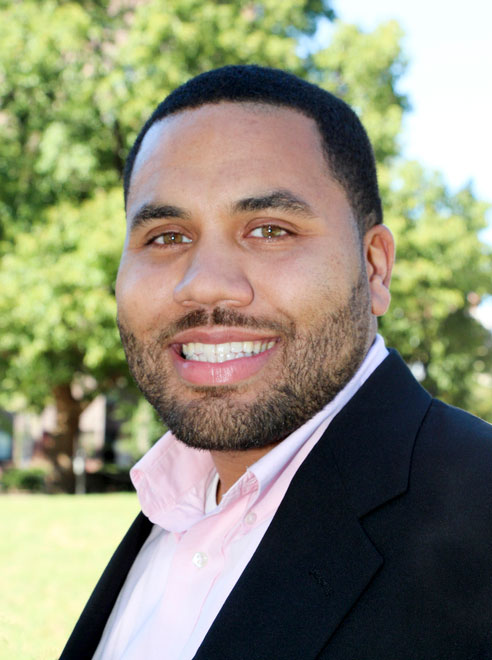
Long said that today people should think about HIV like diabetes, and he encouraged people to take the initiative to protect themselves. “It’s a chronic disease. HIV is not curable, but it’s treatable. Now we have PrEP. You could take medicine for the rest of your life and never transfer it to anyone,” he said.
He feels the public perception of HIV and AIDS still has a long way to go in terms of mainstream messaging. Long says that while TV shows like “Pose” can serve as good representations to show younger people what the HIV/AIDS epidemic was like in the 1980s, media portrayals of the disease may confuse some people today about the possibilities of living a long life after an HIV diagnosis.
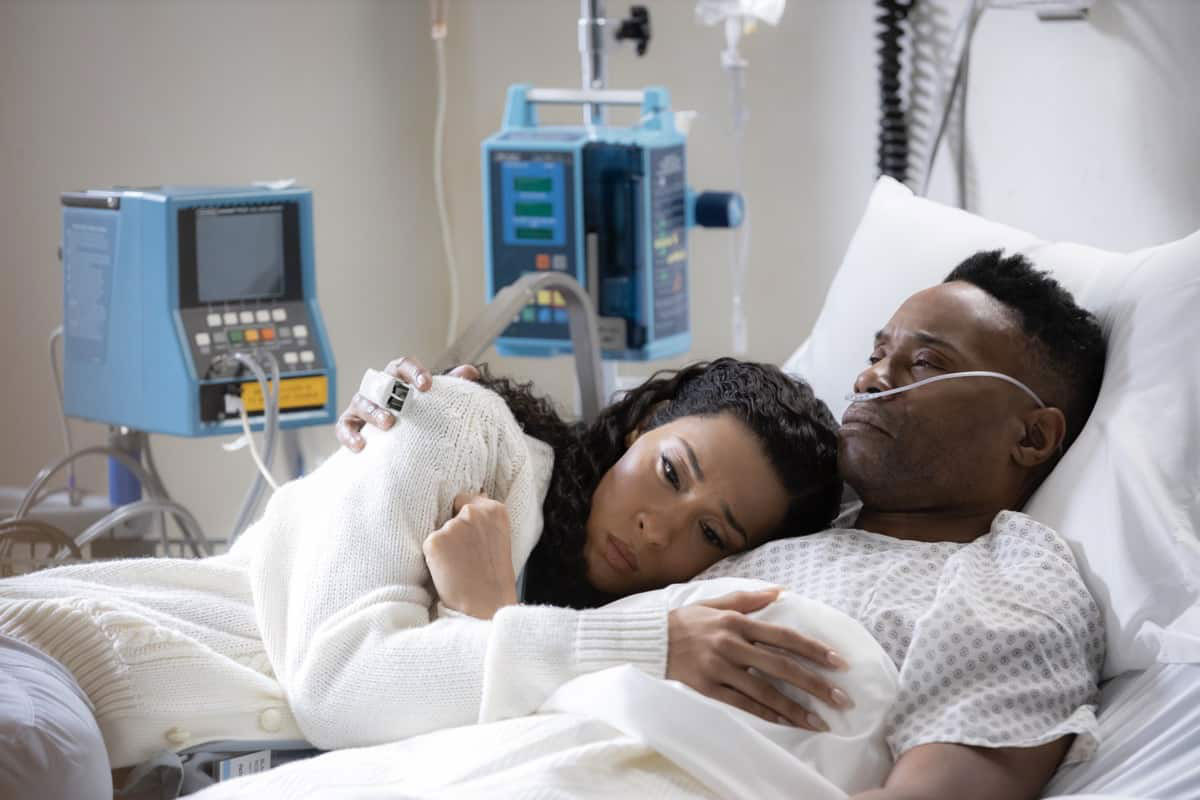
“I wonder if people still think it’s a death sentence,” Long said. “I would love to ask 10 people walking in the mall, if you got HIV today, would you still be OK? The misinformation is still there.”
The next stop on the CDC Listening Tour is in Houston, Texas, on Jan. 31, 2024.
Care4Me Services will be holding its annual fall festival, informational event and haunted house on Oct. 31, 2023. Jackson residents who want to get educated about HIV/AIDS or get tested can contact Care4Me Services at 601-982-8467.

-

 States2 weeks ago
States2 weeks agoPearlie Golden 93-Year-Old Black Woman Shot By Texas Cop
-

 States2 weeks ago
States2 weeks agoTragedy Unveils Racial Tensions Tarika Wilson Story
-

 States2 weeks ago
States2 weeks agoLayers Of Racial Tension The Mario Woods Tragedy And San Francisco Path To Justice
-

 States2 weeks ago
States2 weeks agoLynching Of Thomas Shipp Tragedy Of Racism Echoes Through History
-

 States2 weeks ago
States2 weeks agoThe Killing Of Terence Crutcher And The Fight For Racial Justice












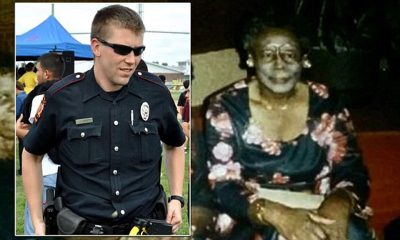




You must be logged in to post a comment Login